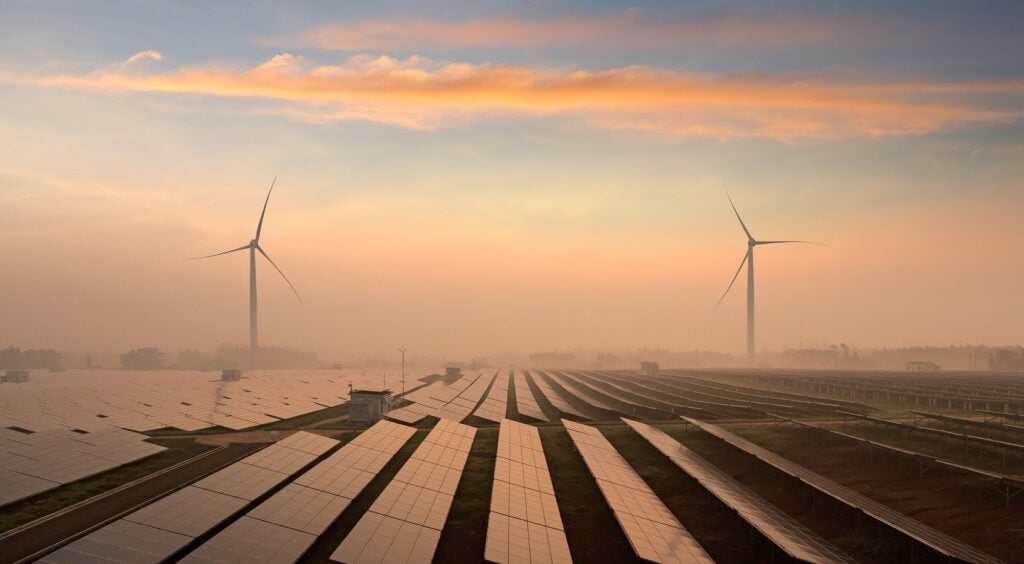Electricity consumption rose in every European country apart from the UK, which also contributed the highest growth in renewables in the past three years alongside Germany, according to new analysis of the European power sector.
The findings, published by German thinktank Agora Energiewende & Sandbag Smarter Climate Policy, found that across Europe consumption increased by 0.7% (23 TWh) in 2017, the third year in a row that overall European electricity consumption has gone up.
However, the research estimates that the UK was the only country to not reflect this rise, blaming faltering energy efficiency progress, rising levels of industrial production, an increase of 3 million people over the last two years in Europe and additional power demand from new sectors such as digital and connected technologies for the rise across other member states.
Overall in 2017, renewables generated 30% of Europe’s electricity for the first time despite being only a rise of 0.2% owing to the huge growth in wind generation being almost completely offset by the lowest hydro electricity generation in a decade.
Geographically, the majority of that growth was in Germany and the UK alone with progress in the deployment of wind, solar and biomass in the UK, Germany and Denmark in particular seeing these technologies overtake generation from coal for the first time following a 12% increase in 2017.
Wind, solar and biomass grew to 20.9% of the EU electricity mix. This is up from just 9.7% in 2010, and represents an average growth of 1.7 percentage points per year
If this rate continued, then it is just sufficient for total renewables to hit 50% of the EU electricity mix by 2030.
However, the research points out that this growth has become more uneven, with Germany and the UK alone contributing to 56% of the growth in renewables over the last three years.
The skewed performance is also reflected in the technologies seeing the most growth, with wind generation rising by 19% in 2017 (two thirds from Germany and the UK) while solar was responsible for just 14% of the renewables growth in 2014 to 2017, despite huge falls in price.
Matthias Buck, drector of european energy policy at Agora Energiewende, said: “Progress on renewables has been increasingly reliant on the success story of wind in the UK and Germany, which has been inspiring. They demonstrate that if all countries in Europe engage in the energy transition, 35% renewable energy by 2030 is entirely feasible. Solar deployment, however, is surprisingly low, and needs to increase in line with the massive fall in costs”, says
Sandbag analyst Dave Jones added that in order for Europe to make signifincat progress on lowering emissions, countries need to retire coal plants.
We forecast Europe’s 258 operational coal plants last year emitted 38% of all emissions under the Emissions Trading System, or 15% of total EU greenhouse gases. We need a fast and complete coal phase-out in Europe: the thought of charging electric cars in the 2030’s with coal just doesn’t compute,” he added.






